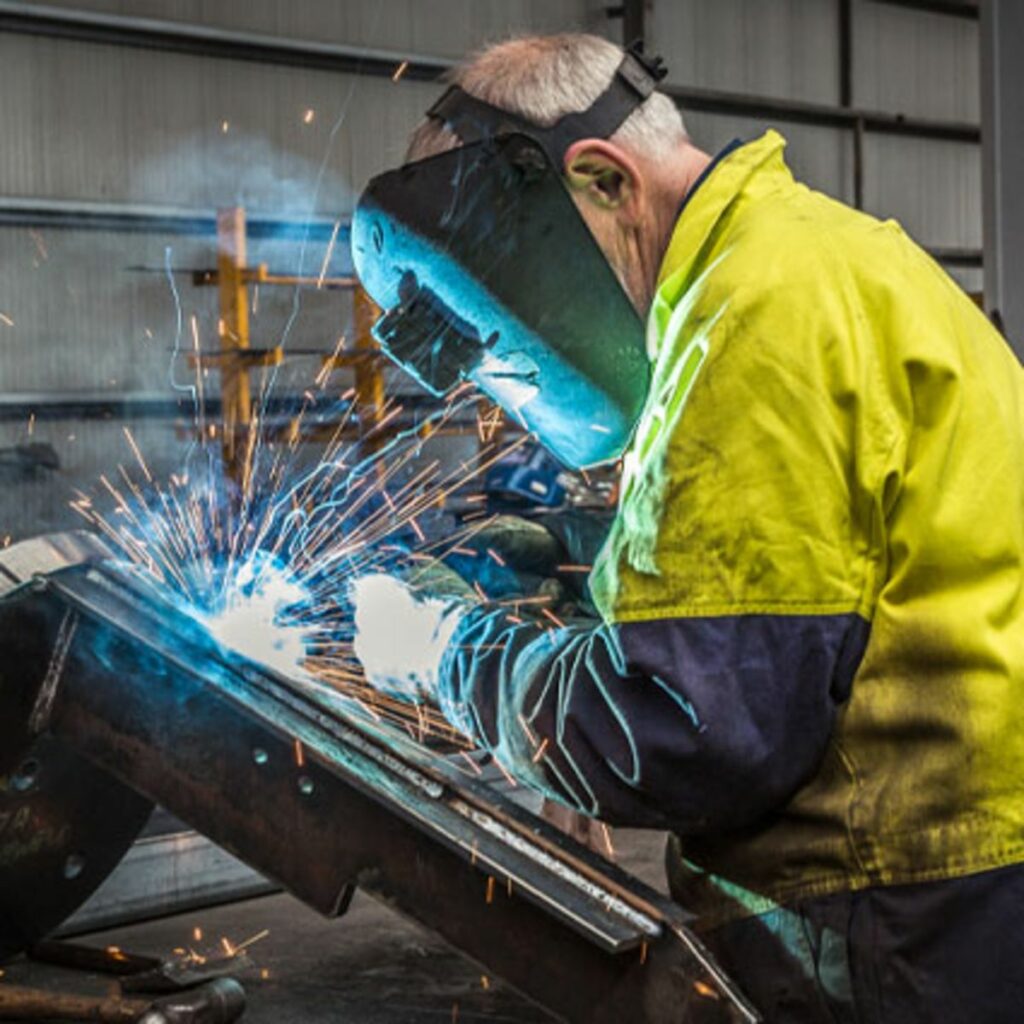Is Welding a Good Career? Some Reasons You Should NOT Become a Welder
You’ve probably seen welding in movies and TV shows and thought to yourself, “That looks like a pretty cool job.” And while welding can be a very rewarding career, it’s not for everyone. In this blog post, we will explore six reasons why you should NOT become a welder. Welding is a skilled trade that requires years of training and practice to perfect. It’s also a dangerous job that comes with many risks. Before you decide to become a welder, make sure you understand the realities of the job and whether or not it’s something you’re prepared to handle.
The benefits of welding
Welding is a process of joining two pieces of metal together by melting them and using a filler material to create a bond. It’s a very versatile career choice with many benefits, but it also has some drawbacks that you should be aware of before deciding to become a welder.
The benefits of welding include:
-Welders can earn a good salary. The median annual wage for welders was $37,870 in May 2017, according to the Bureau of Labor Statistics.
-Welding is a skilled trade that often requires only on-the-job training, which means you can start working and earning money relatively quickly.
-As a welder, you can work in a variety of industries, including construction, manufacturing, and automotive repair.
-Welders often have the opportunity to travel for work.
The drawbacks of welding include:
-The job can be physically demanding, and welders often have to work in uncomfortable positions.
-Welding can be dangerous; fumes from the metals being joined together can be harmful, and welders are at risk for burns and electrical shocks.
-The job may require long hours of standing or sitting.
-The work environment can be loud and hot.
Welding Is A Dangerous Job
Welding is a dangerous job. It’s one of the most dangerous jobs in America, with a fatality rate nearly 10 times the national average.
There are many dangers associated with welding, including:
- – burns from the welding arc
- – electric shock
- – fires and explosions
- – eye injuries
- – respiratory problems
So why would anyone want to become a welder? Well, there are some good reasons. Welders can earn a good wage, and it can be a rewarding career. But you need to weigh the risks before you decide to become a welder.
Welders Are Prone to Burn Injuries
Welders are at high risk for burn injuries. In fact, according to the National Institute for Occupational Safety and Health (NIOSH), welding is one of the most common causes of severe burn injuries in the United States.
Burn injuries can be extremely painful and often require surgery to heal. In severe cases, burns can lead to death. If you’re considering a career in welding, it’s important to be aware of the risks associated with this profession.

Welders Are Exposed to Dangerous Heights
Welders are often required to work at great heights, which can pose a serious safety hazard. In addition to the risk of falling, welders are also exposed to the risk of electrocution if they come into contact with power lines.
Radiation Exposure
Welding is a dangerous profession. The risks of radiation exposure are high. Welders are exposed to ultraviolet, infrared, and visible light. They are also exposed to ionizing radiation, which can cause cancer.
Radiation exposure is the most common health hazard in welding. It is important to wear personal protective equipment (PPE) when welding. PPE includes a welding helmet with a filter that protects your eyes and skin from the harmful effects of radiation.
There are two types of welding: arc welding and gas welding. Arc welding is the most common type of welding. In arc welding, an electric current is used to create an arc between the metal being welded and the electrode. The heat from the arc melts the metal, which fuses the two pieces.
Gas welding is less common than arc welding. In gas welding, a flame is used to heat the metal being welded. The heat from the flame melts the metal, which fuses the two pieces.
Welding can be a dangerous profession if proper safety precautions are not taken. One of the biggest dangers is radiation exposure. Welders are exposed to ultraviolet, infrared, and visible light. They are also exposed to ionizing radiation, which can cause cancer. It is important to wear personal protective equipment (PPE) when welding, such as a welding helmet with a filter that protects your eyes and skin from radiation damage.
Equipment Related Injuries
Welding is a dangerous profession. Many equipment-related injuries can occur while welding. Some of these injuries include:
- -Burns from the welding arc
- -Eye damage from the bright light of the welding arc
- -Respiratory problems from exposure to fumes and chemicals
- -Skin problems from exposure to UV radiation and chemicals
These are just a few of the many potential injuries that can occur while welding. Welders must take special precautions to protect themselves from these dangers.
Respiratory Damage
Welding is a dangerous profession that can cause serious respiratory damage. The fumes produced by welding can contain harmful chemicals, including metals like lead and cadmium. These fumes can damage your lungs and cause cancer.
Welders Work Long Hours
Welders often work long hours, sometimes up to 12 hours a day. This can be tough on your body, and it’s not uncommon for welders to experience back pain or other physical problems from working long hours in an awkward position.
Welders Earn A Comparatively Low Salary
Welders earn a relatively low salary compared to other careers. According to the Bureau of Labor Statistics, the median annual wage for welders was $37,420 in May 2019. This is significantly lower than the median annual wage for all occupations, which was $39,810 in May 2019. In addition, welders often work long hours and may be exposed to hazardous materials.





